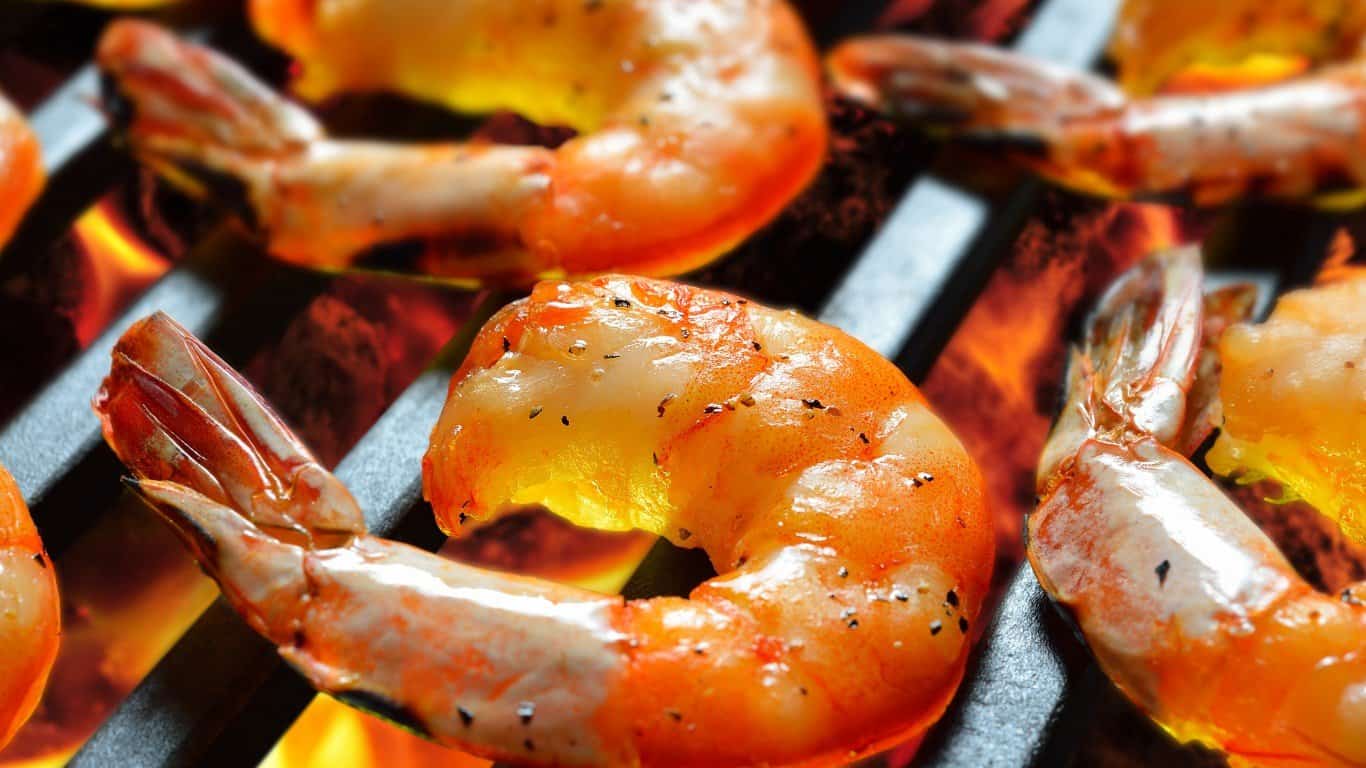What you eat on any given day will likely seem completely normal to you. But would it still be considered normal in a different area of the world in a different culture?
As you might expect, each culture is home to its own unique food taboos. These may be due to religious beliefs, superstitions, or even misunderstandings about different types of food. People around the world have their personal reasons for abstaining from certain dishes and drinks. This doesn’t make any food taboo better or worse than the other, of course. They’re all different, and a few of the food taboo examples below even pertain to the United States. (Looking for more local food content? Click to read about the strangest food from every state.)
To compile this list, 24/7 Tempo gathered information from various reliable sources including Pew Research Center and the National Library of Medicine. From religious food taboos to cultural differences, here are 10 food taboos from around the world.
Coconut Milk

Coconut milk in the drinking on the white background. Close-up.
As an alternative to cow’s milk, coconut milk has become one of the biggest food fads of the 21st century. But in Nigeria, children are forbidden from drinking it. While this might seem unusual to others, the Journal of Ethnobiology and Ethnomedicine reports that culturally, this African food taboo is rooted in the belief that the milk will cause children to become unintelligent.
Additionally, in Midwest Nigeria, meat and eggs are not given to children. Adults believe it may cause the children to steal. In fact, even pregnant women in some areas avoid eggs and milk due to the belief that it will cause bad habits in the children after they’re born. In some other African countries, fresh milk in general is avoided as well.
Beef
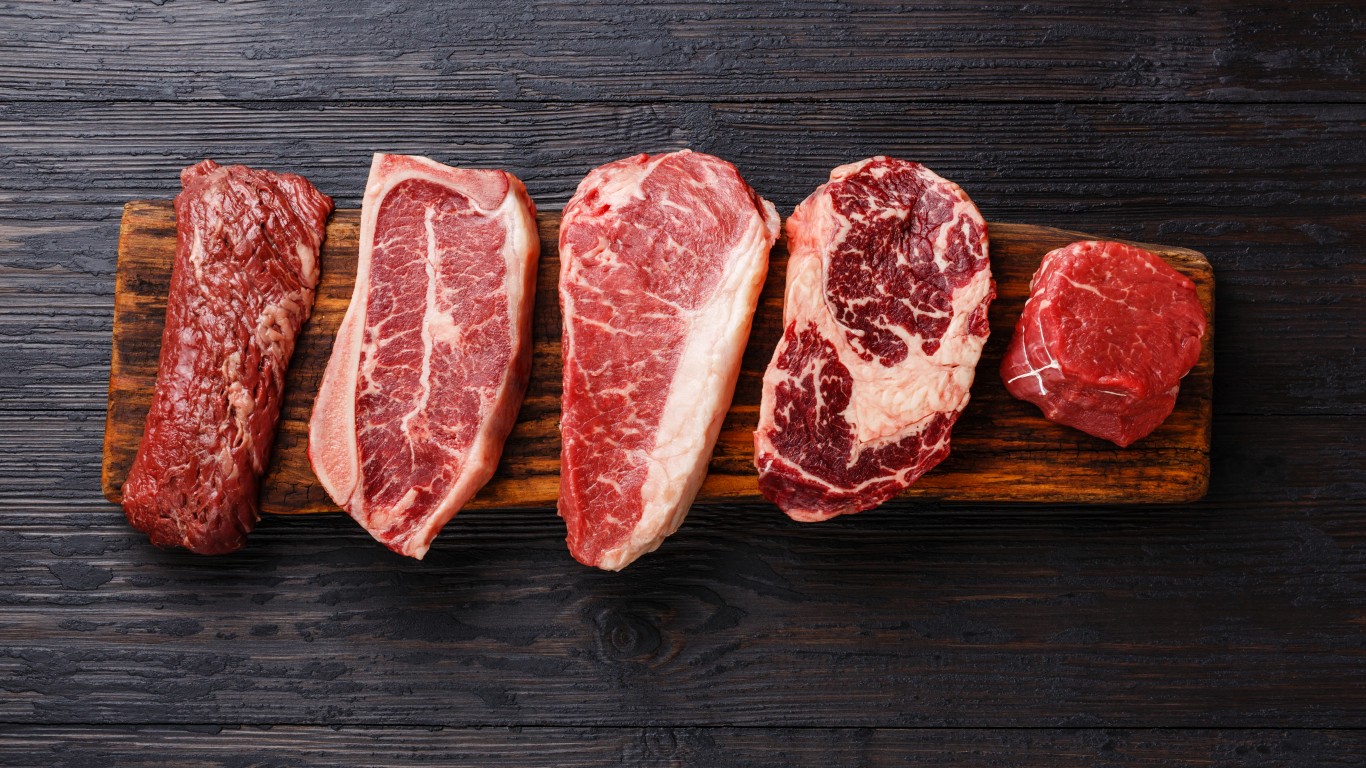
Beef is particularly taboo in India where Hinduism is commonly practiced. The cow is considered to be “a holy mother” and the belief that reincarnation occurs restrains most practicing Hindus from eating beef. It’s also worth noting that many Indians consider themselves vegetarians and refrain from eating any meat at all. In fact, according to a study conducted by the Pew Research Center, about 81% of Indians restrict meat in their diet in some way. Around 39% consider themselves vegetarians as well.
Beef is also a taboo food in other religious cultures. For example, practicing Catholics abstain from any meat on Fridays during Lent. Additionally, in many Jewish cultures, meat and dairy can not be served at the same time. So if dairy is served, you may notice Jewish people passing on the beef.
Fish and Shellfish
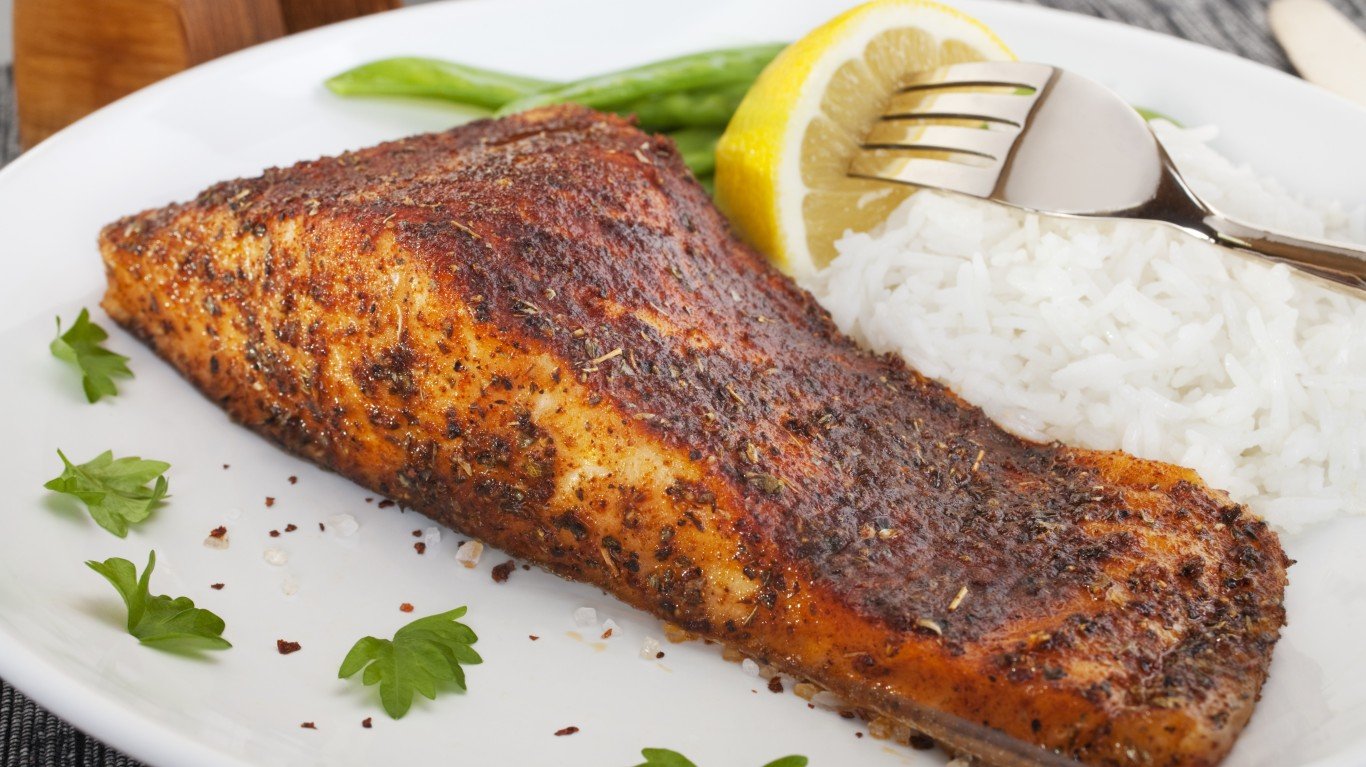
In countries like Brazil, fish are widely consumed. However, Brazilians avoid certain types of fish, including predatory fish like piranhas and bottom feeders. Additionally, fish are taboo in some areas of Africa. Even in the United States, pregnant women are advised not to consume raw fish as it may contain bacteria or mercury that can harm the baby.
Even more interesting, in China, it’s considered poor manners to flip a fish over to get to the meat on the other side when eating it. It’s better to consume the meat until you get to the bone, then remove the bone, and continue eating.
Jewish cultures also regard shellfish as not being kosher. According to an article by the National Library of Medicine, for aquatic animals to be permitted in Jewish culture, they must have scales and fins. Because shrimp, lobster, oyster, crab, and mussels don’t contain fins and scales, most Jewish people will refrain from eating them.
Horse Meat
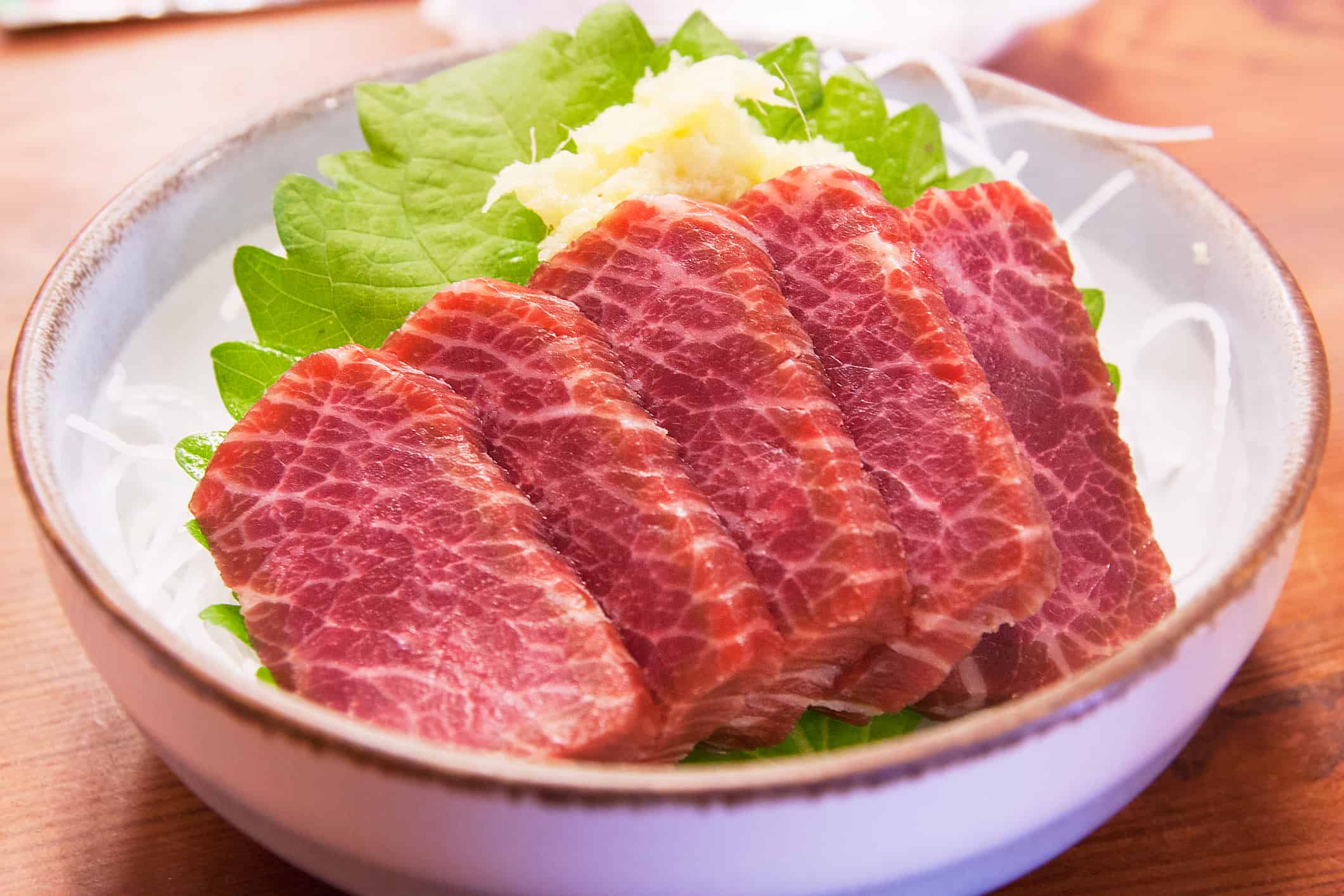
Horse sashimi is very delicious and popular
In many English-speaking countries, eating horse meat is considered taboo. However, in other countries, specifically China, Kazakhstan, France, Switzerland, and Japan, horse is a common meat consumed regularly. Across many areas of the world, horse meat is eaten raw, as lunch meat, dried into jerky, or as a roast.
In Jewish culture, horse isn’t kosher so it’s also considered taboo. It’s thought that in the early 700s A.D., a pope declared it a sin to eat horse meat. Today, killing and producing horse meat is not only uncommon in places like the U.S., the U.K., and Australia, but it’s also illegal.
Turtle Meat

Delicious Chinese cuisine, soft shelled turtle stewed with chicken pot
Have you ever heard of turtle stew? While it was once considered a delicacy, it can now be hard to find. This is due mainly to the fact that green sea turtles are an endangered species, so they’re protected by the Endangered Species Act. This makes killing and consuming a sea turtle illegal. Habitat loss may also lead to the fact that there are fewer turtles available for consumption.
In some other areas of the world, mainly along the Amazon basin, turtles have been captured and used for food long before European colonists even arrived according to a research article from BioOne. At the time of the article, turtles were still being captured and used for food and trade.
Dogs and Cats
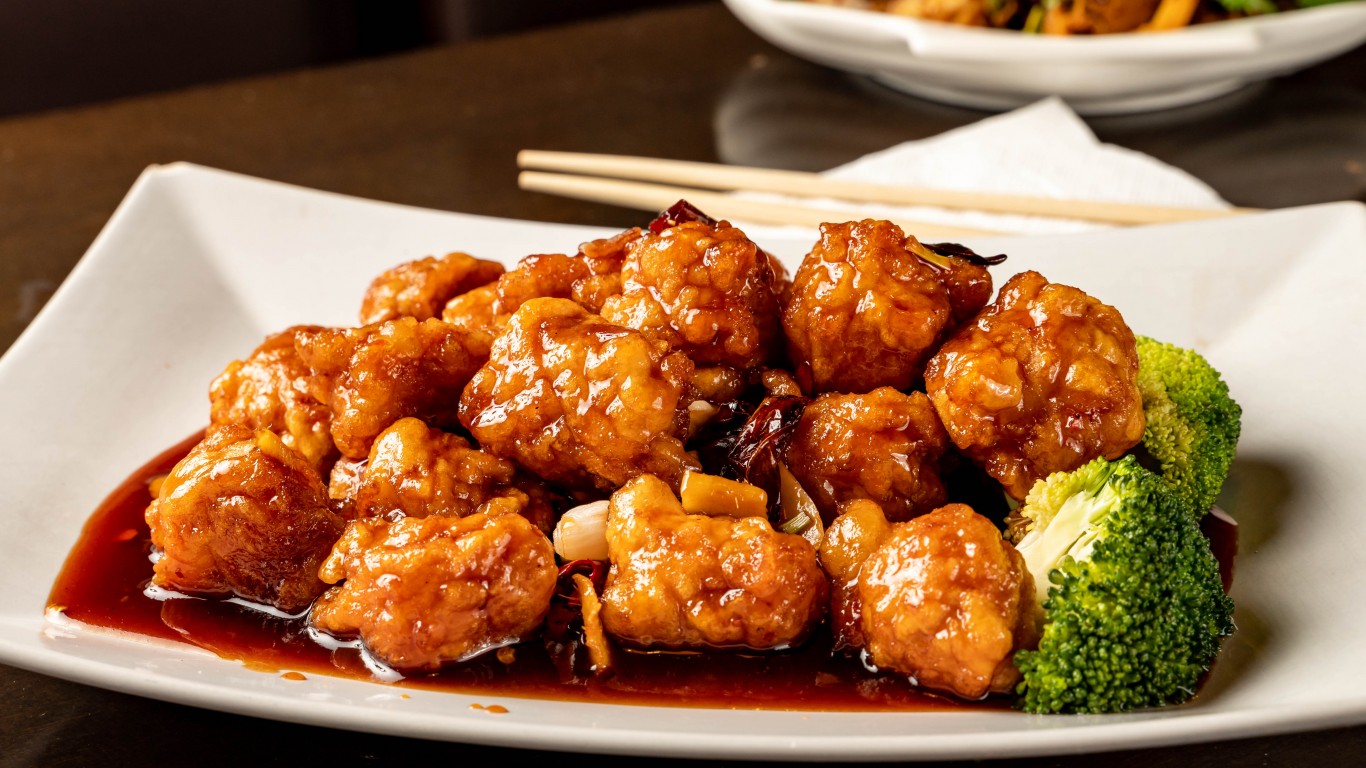
In the U.S. and other countries, dogs and cats are rarely consumed as food as they are often seen as pets. While it’s not technically illegal to consume these animals in America, it would be considered highly taboo.
However, in other countries like China, Korea, Vietnam, and Taiwan, it’s not uncommon for both dogs and cats to be consumed. Even in some European countries, it was documented that both dogs and cats were consumed. This was largely during war times or famine when meat was scarce. If you venture to Germany, however, you’ll note that dog meat is illegal. A law was put in place in 1986 that prohibits its use for human consumption.
Pork
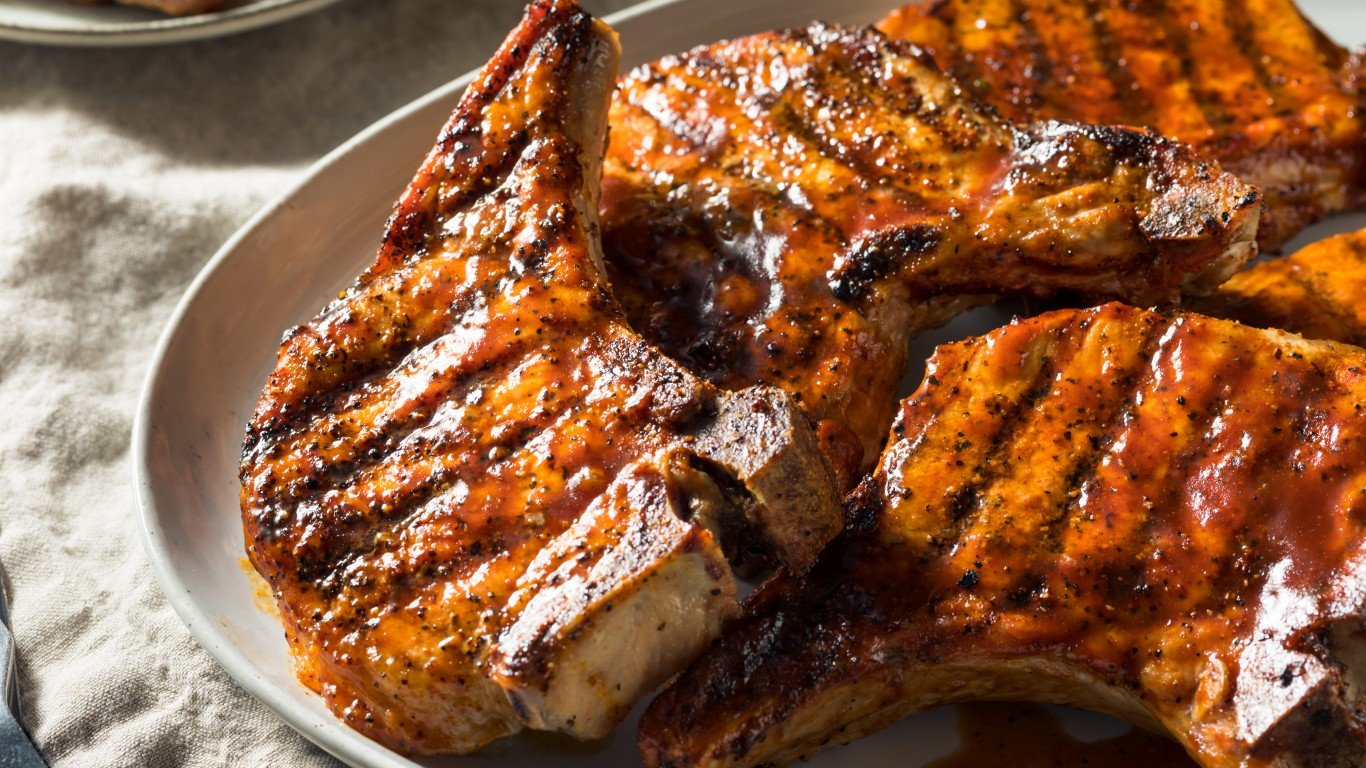
While many in the Jewish culture still consume beef (as long as it’s not served with dairy), they will not partake in pork. This is because pigs, along with camels, are considered impure. An animal in Jewish culture that is kosher must have both cloven hooves and also chew its cud. This is what makes beef acceptable, but pork unacceptable.
Additionally, practicing Islamic Muslims will also avoid pork as a pig is written in the Quaran as forbidden. Even Seventh-Day Adventists will avoid this meat, and Catholics will forgo it during Lent, just like beef.
Insects

In the United States, consuming insects is often viewed as taboo. In Western culture, insects are considered pests. They are often viewed as disturbances and associated with diseases.
Other cultures around the world, however, enjoy consuming insects. In some countries, insects are paired with chocolate as a tasty treat. In others, insects are consumed because people both enjoy the taste and because they can be a good source of protein and vitamins.
Additionally, it’s estimated that nearly 2 billion people worldwide consume insects regularly according to an article from the Science Museum of Virginia.
Eggs

While eggs are widely consumed in the United States and many Western cultures, they’re viewed as a taboo food item in other areas of the world.
We’ve previously discussed how eggs are avoided in some areas of Nigeria, but they are also considered off-limits to practicing Jains and many Hindus due to religious beliefs. Additionally, vegans avoid eggs as well as meat. And, in Jewish culture, if the egg has a spot of blood in it, it must be discarded as this is considered impure.
Shark Meat

Fishmonger holding a piece of frozen sea shark fillet. A fish vendor in a seafood market taking a frozen fish steak out of the refrigerator
Have you ever tried shark meat? If you live in North America, you likely haven’t. While consuming shark meat is legal in the U.S., it’s known to carry high levels of mercury and have an ammonia-like smell.
However, shark meat is consumed in many other countries, mostly in Asia and parts of Africa. Aside from the meat, shark fin is especially popular and considered a delicacy in China and other areas of Southeast Asia. It’s the star ingredient in shark fin soup. The practice of shark finning is illegal in many countries, including the United States, though. It’s also becoming less and less popular in Asian countries as well, due to ethical and conservation reasons.
Additionally, in Icelandic countries, Greenland shark meat is fermented and hung to dry before being consumed. It has a strong smell that many find offputting, however. Keep in mind that if you consume the meat raw, it’s a food that can make you very sick, so proceed with caution.
